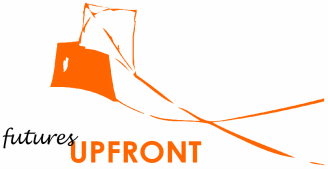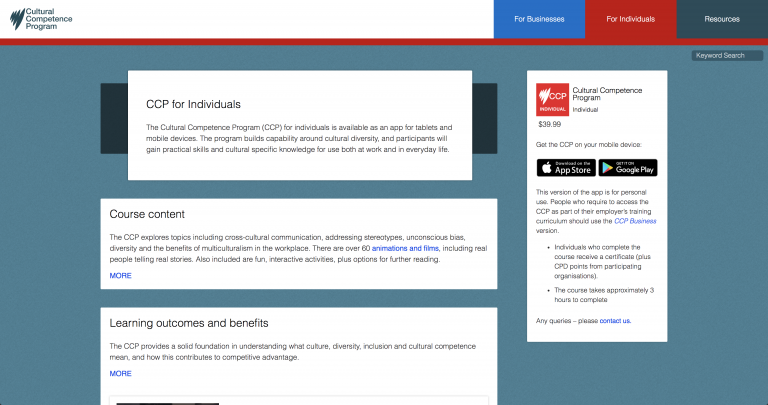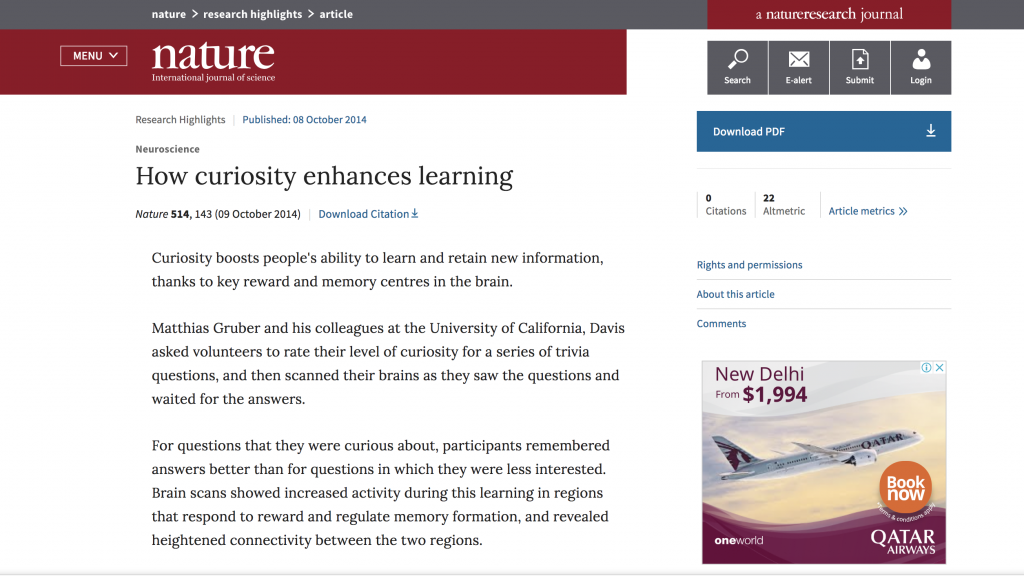Cultural Competence
|
Hossein and Zorica clearly have a strong relationship. Importantly, this relationship is not a one-way street. Both people benefited from the relationship in different ways.
|
|
Hossein has clearly responded well to the therapeutic, as well as the practical support that Zorica offered. He feels stronger, better equipped to be part of his neighbourhood and community here in Australia; he is ready to contribute and participate actively.
For Zorica, Hossein clearly contributed to her development.
“Everyday (we) learn something new about different cultures, nourish cultural competency, get aware of our own limitations so that we can improve on both levels professionally and personally and grow with our clients as well.”
Zorica talks about self awareness as one of the core skills she needs. One critical element of self awareness is our ability to reflect and learn from our experiences.
The easiest reflective practice model comes from Rolfe (2001) and has only 3 questions:
For Zorica, Hossein clearly contributed to her development.
“Everyday (we) learn something new about different cultures, nourish cultural competency, get aware of our own limitations so that we can improve on both levels professionally and personally and grow with our clients as well.”
Zorica talks about self awareness as one of the core skills she needs. One critical element of self awareness is our ability to reflect and learn from our experiences.
The easiest reflective practice model comes from Rolfe (2001) and has only 3 questions:
- What …is the problem? …was my role? …happened? …were the consequences?
- So what …was going through my mind? …should I have done? …do I know about what happened now?
- Now what …do I need to do? …broader issues have been raised? …might happen now?
What is cultural competence?
Zorica talks about cultural competence. There is so much to learn and know about cultural competence. just put the word in your search engine and you will find, links to reading and learning materials.
|
“Cultural competence is a set of congruent behaviours, attitudes and policies that come together in a system, agency or among professionals; enabling that system, agency or those professionals to work effectively in cross-cultural situations.” (Cross et al, 1989)
If you are interested in doing a bit of a course have a look at this one from the national broadcaster SBS (For example: https://cultural-competence.com.au/individuals) |
For all the complexities, at the heart of it all, there are two important elements of cultural competence:
1. Cultural competence is a journey, not a destination
|
Zorica said: “Every day (we) learn something new’.
This statement points to the ongoing process and learning that is inherent in the idea of cultural competence. One of the core attributes you need for that journey is curiosity. Not only does curiosity make you smarter, curiosity is also a great demolisher of our (unconscious) biases and stereotypes and it pushes our brains to think more and enhances our learning. Curious? Read more here: https://www.nature.com/articles/514143b |
2. Cultural competence is about working effectively alongside people who are different from ourselves
We have shared and touched on some of the core skills and attributes we all need to work alongside people who are different from ourselves:
- Empathy: the ability to feel with people ( see Faiz’s story)
- Building on shared interests (and experiences) and developing trust over time (see (Abdul- Karim’s story)
- Strengthening you cross communication skills (Malek’s story)
- Building on people’s strength and abilities (Halima’s story)
- Exploring your own boundaries and cultural bias (Halima’s story)
- Enjoying our curiosity and wanting to learn more (Hossein’s story)
I acknowledge that my work is conducted on the land of Aboriginal and Torres Strait Islander nations. I pay my respects to Elders past, present and future, for they hold the memories, traditions, Cultures and aspirations of Aboriginal and Torres Strait Islander communities. Sovereignty was never ceded.
|
futures Upfront
PO BOX 882, Marrickville NSW 1475 Phone: (+61) 0468 312 515 Email: i[email protected] |
|
© Copyright 2021 futures Upfront


